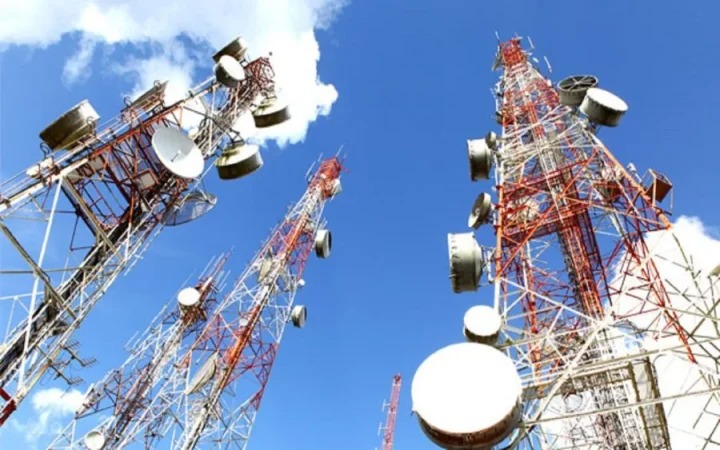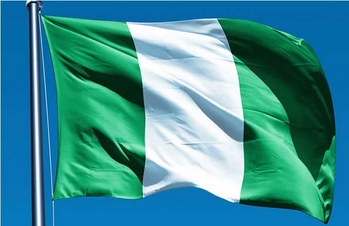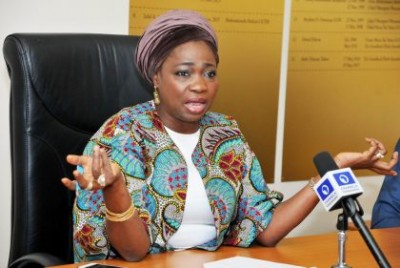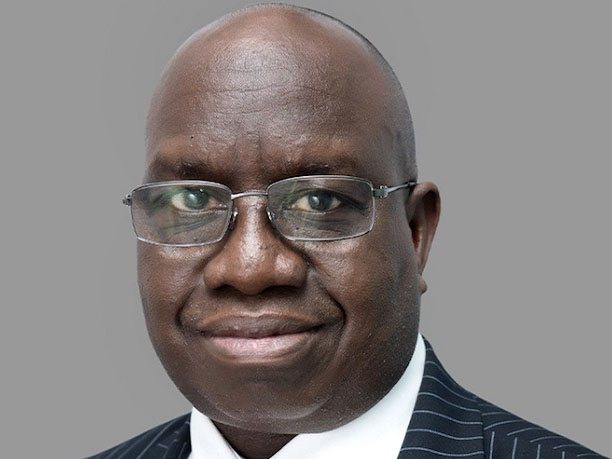Minister Bosun Tijani defends a 50% telecom tariff hike, citing inflation and operational costs, despite backlash and legal threats from advocacy groups
[dropcap]T[/dropcap]he Minister of Communications, Innovation, and Digital Economy, Bosun Tijani, has defended the recent approval of a 50 per cent tariff increase for telecom services, despite widespread opposition and threats of legal action from advocacy groups and subscribers.
Also read: Telcos record 2.4% voice subscription decline over NIN/SIM linkage
Appearing before lawmakers to discuss the ministry’s budget on Tuesday, Minister Tijani explained that the tariff adjustment was driven by economic factors, including rising inflation and the escalating costs of imported goods.
He stressed that the move was necessary to sustain the telecommunications sector, which faces increasing operational challenges.
“Rising inflation and operational costs are the reasons for the recent tariff increase,” Tijani said, also referencing the country’s ambitious 90,000-kilometre fibre project.
He further noted that telecommunications infrastructure investment has historically been left to private companies, who focus their investments on areas with high economic activity, often based on satellite data that identifies where lights are visible at night.
Despite the minister’s explanation, the National Association of Telecoms Subscribers (NATCOMS) and the Socio-Economic Rights and Accountability Project (SERAP) have voiced strong opposition to the tariff hike, calling it burdensome and unlawful.
NATCOMS President Adeolu Ogunbanjo expressed that while the association might accept a smaller increase, anything beyond 10 per cent would be unacceptable.
He stated that if negotiations with the Nigerian Communications Commission (NCC) this week fail, legal action will proceed next week.
SERAP, on the other hand, issued a 48-hour ultimatum to reverse the tariff hike, labelling it “unlawful.” The group also warned that they would take the matter to court if the government and telecom companies do not comply.
The tariff increase, which was approved by the NCC, follows the operators’ request for a 100 per cent adjustment, citing the need to address the rising operational costs.
However, the NCC capped the increase at a maximum of 50 per cent, significantly lower than the requested amount.
The adjustment, which marks the first change in telecom tariffs since 2013, aims to balance the financial pressures on network operators while still considering consumer interests.
Also read: NCC insists on SIM-NIN deadline, telcos bar lines Friday
In its statement, the NCC assured that the adjustment would be implemented transparently and fairly, emphasising its commitment to striking a balance between protecting consumers and ensuring the sustainability of the telecom industry, which also supports many indigenous vendors and suppliers.





























